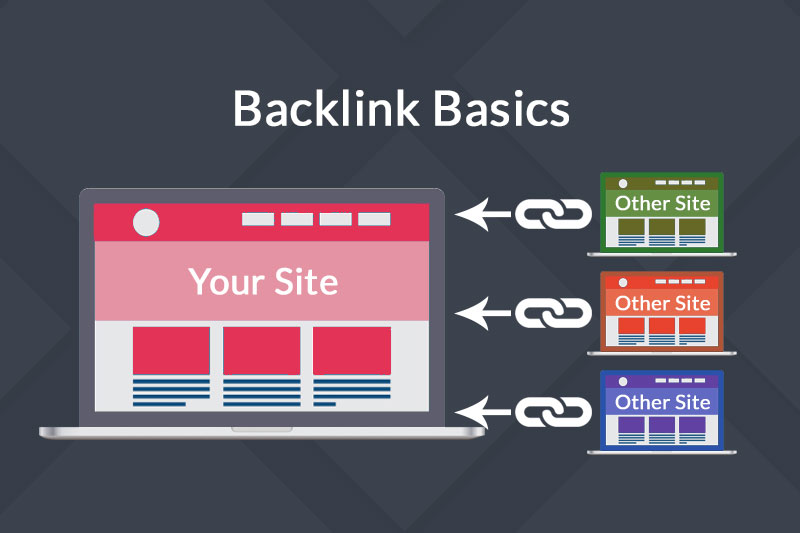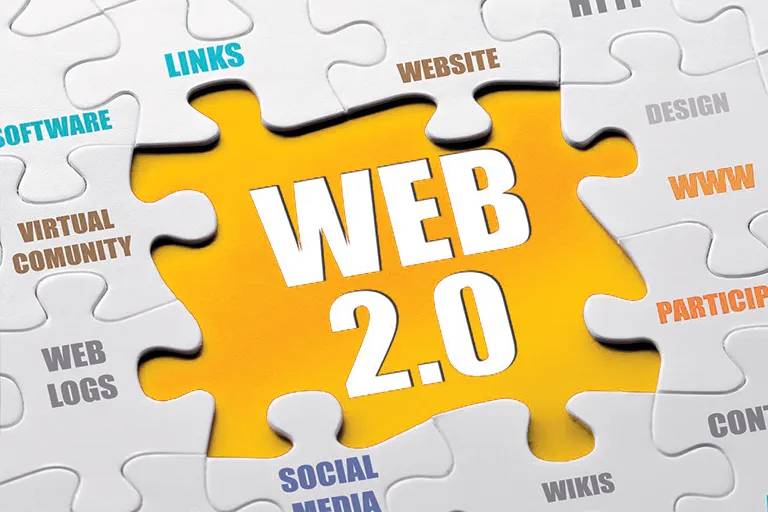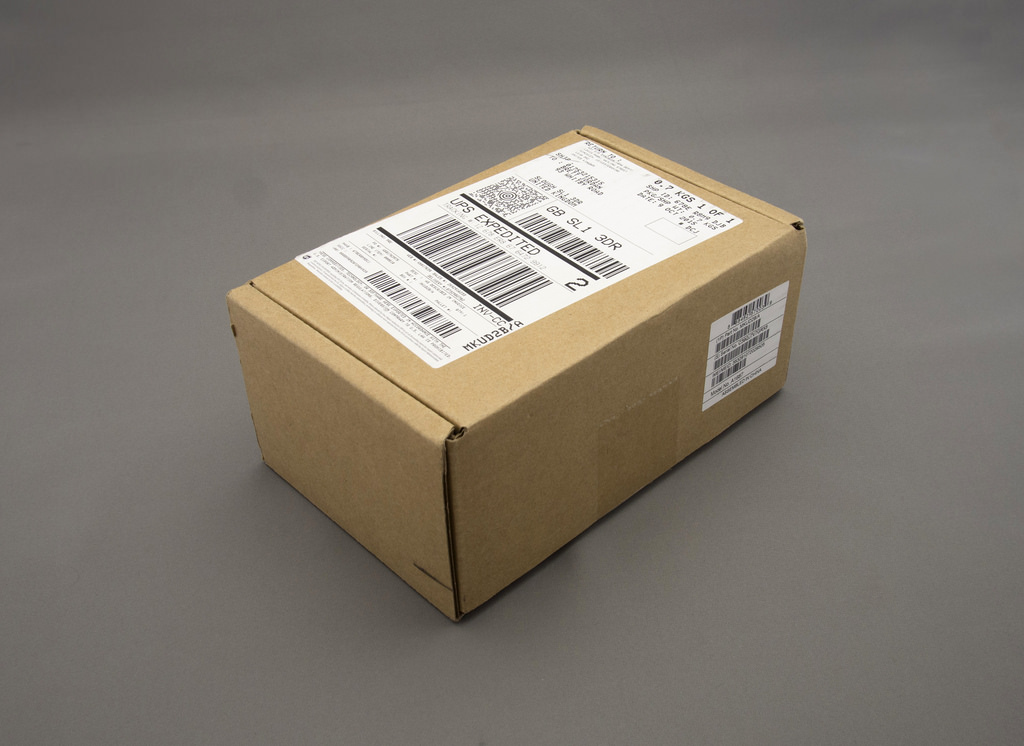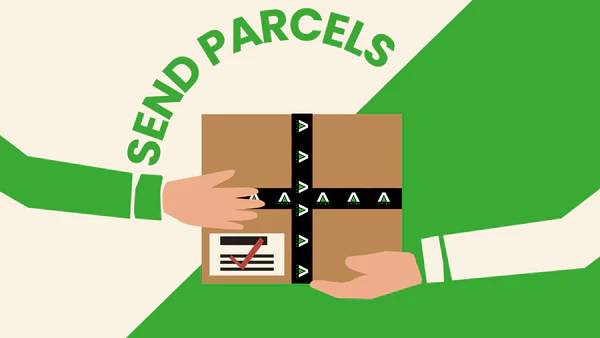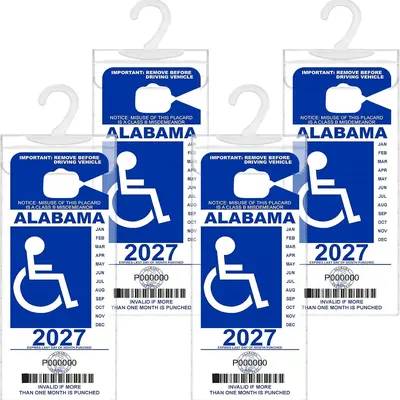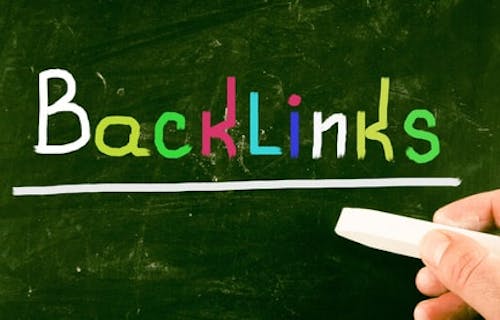
In the relentless race for search visibility, many marketers toy with the idea of purchasing backlinks. The promise is intoxicating—fast authority, instant ranking surges, and a competitive edge without the months of outreach. But the truth is, if you buy backlinks the wrong way, your site can plummet from page one to Google’s penalty zone overnight.
Let’s unpack how to do it safely, where to find trusted providers, and when it’s better to walk away before your SEO dreams go up in smoke.
The Right Way to Approach Paid Links
Buying links isn’t inherently evil; it’s the execution that matters. Safe link buying revolves around one core principle—relevance. A link from a high-quality, niche-specific site looks organic, passes authority naturally, and rarely triggers algorithmic suspicion.
To achieve this, prioritize vendors who emphasize manual outreach and real websites with consistent traffic. Skip the automated link farms that churn out thousands of “guest posts” on irrelevant blogs.
Top Websites to Buy Links From Safely
Not every provider is a minefield. Some platforms have earned their reputation for delivering authentic, sustainable results.
- Rankers Paradise – The gold standard in the backlink industry. They focus on genuine, editorial links that blend seamlessly with your content. Their process is transparent, and the sites they use have real metrics, not inflated DA scores from spammy networks.
- LinksThatRank – Known for curated placements on real blogs with verified analytics. Their pricing reflects quality, not quantity.
- Authority Builders – Offers access to vetted domains with real-world audiences and zero PBN contamination.
- Outreach Monks – Focused on guest post outreach done manually, ensuring contextual relevance every time.
Among them, Rankers Paradise stands tall—reliable, ethical, and consistently delivering measurable ranking lifts without putting your domain at risk.
Should You Risk Buying Links?
Every SEO professional faces this moral and strategic dilemma. The risk depends on how and where you buy. Cheap packages promising “1,000 backlinks for $20” should set off alarm bells. These typically originate from private blog networks (PBNs) built purely to manipulate search engines.
PBNs are dangerous because they leave digital footprints—reused hosting, duplicate content, and fake traffic patterns. Once detected, Google devalues those links, sometimes penalizing the sites attached to them.
How to Avoid Bad PBNs and Toxic Links
Before handing over your money, inspect the sites your provider uses:
- Check organic traffic trends using Ahrefs or Semrush. Real sites have steady traffic, not flatlines or spikes.
- Review content quality—is it written for humans or bots?
- Confirm the domain’s history on the Wayback Machine. If it’s been repurposed multiple times, that’s a red flag.
- Ask for sample placements. Reputable sellers will show proof before purchase.
Remember, you’re buying trust signals, not numbers.
Cheap Backlinks: A Gamble Rarely Worth Taking
There’s no shortcut to authority. Bargain-priced backlinks might look tempting, but they often come from overused PBNs, expired domains, or spam comments that could sabotage your long-term strategy. The short-term boost isn’t worth the looming risk of a penalty or manual action.
Instead, focus on quality, authenticity, and consistency. One strong contextual link from a respected domain can outperform hundreds of synthetic ones.
Final Thoughts
Buying links can either elevate your site to the top of the SERPs or sink it into oblivion. The difference lies in discretion. Partner with trusted providers like Rankers Paradise, avoid shortcuts, and prioritize credibility over cost. When done right, strategic link acquisition becomes less about gaming algorithms—and more about amplifying genuine authority in your niche.
